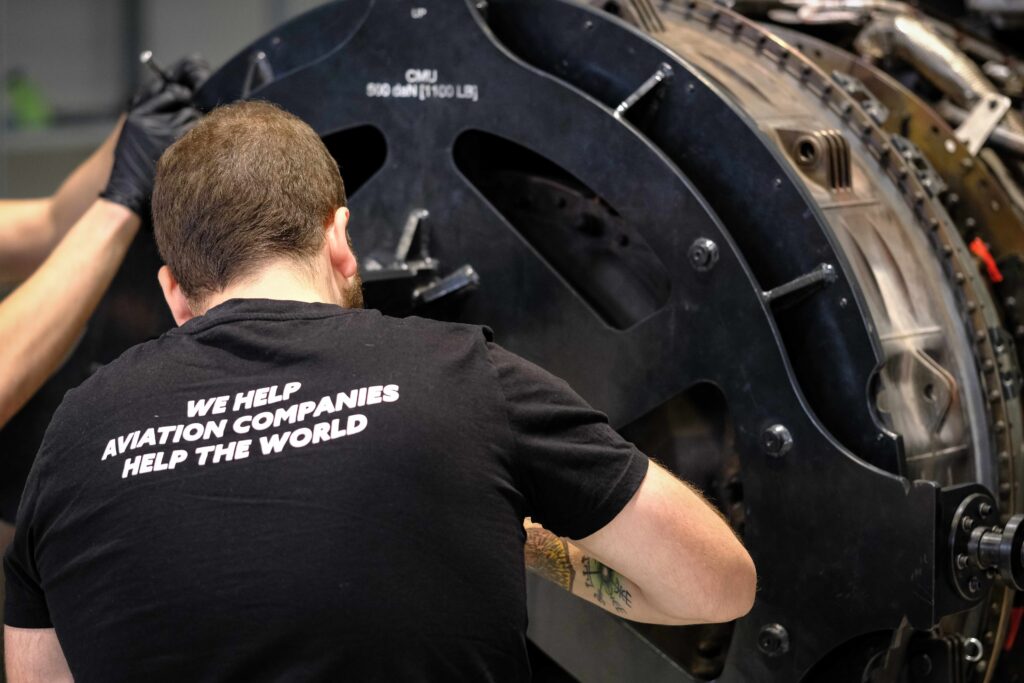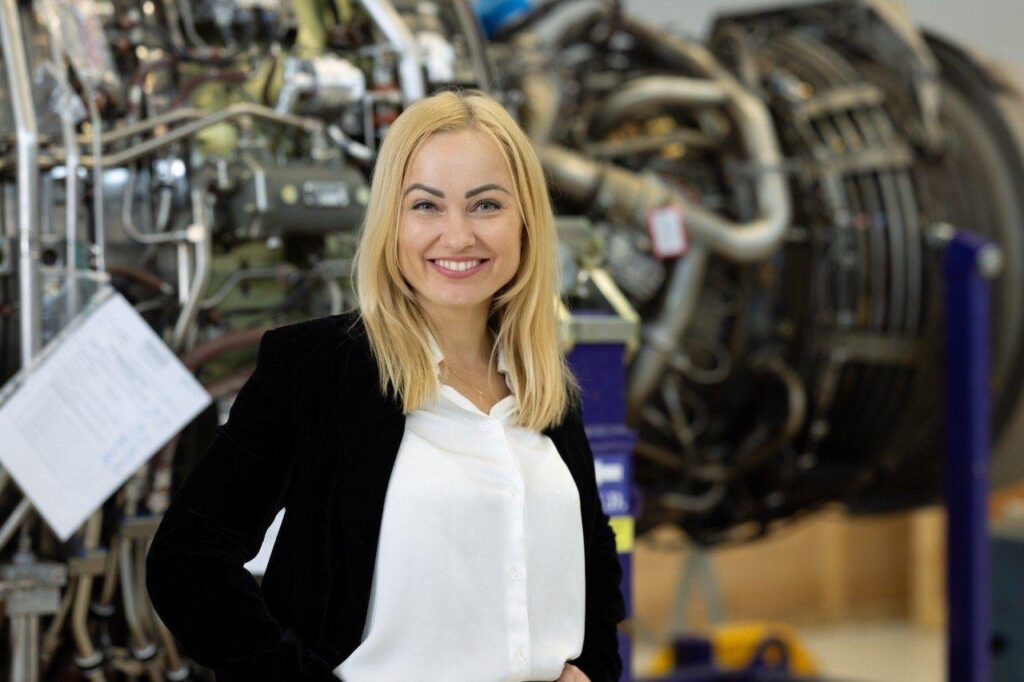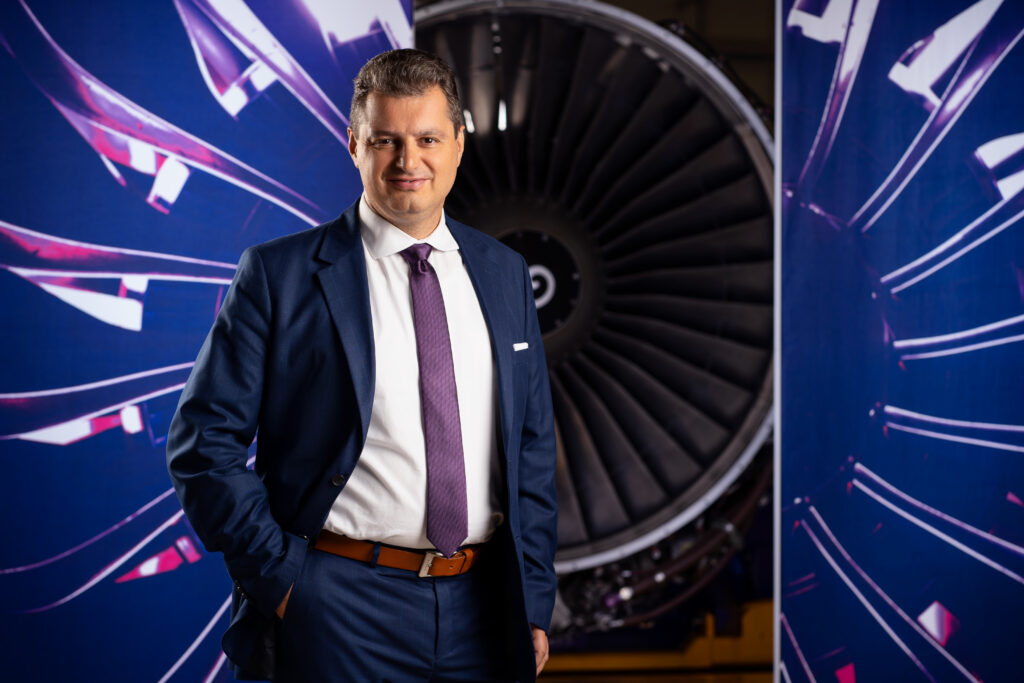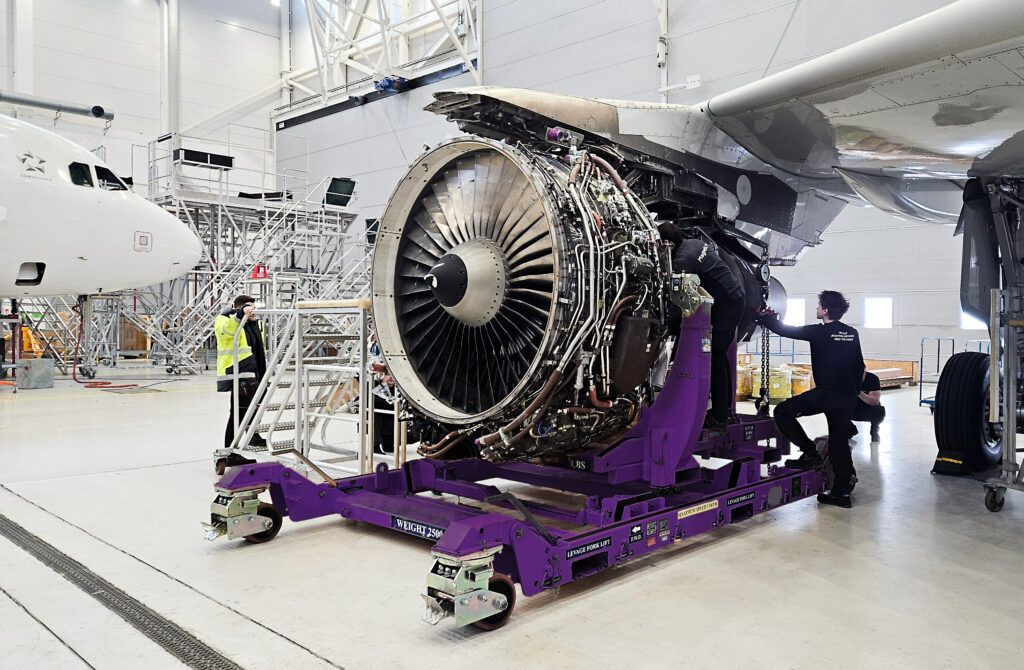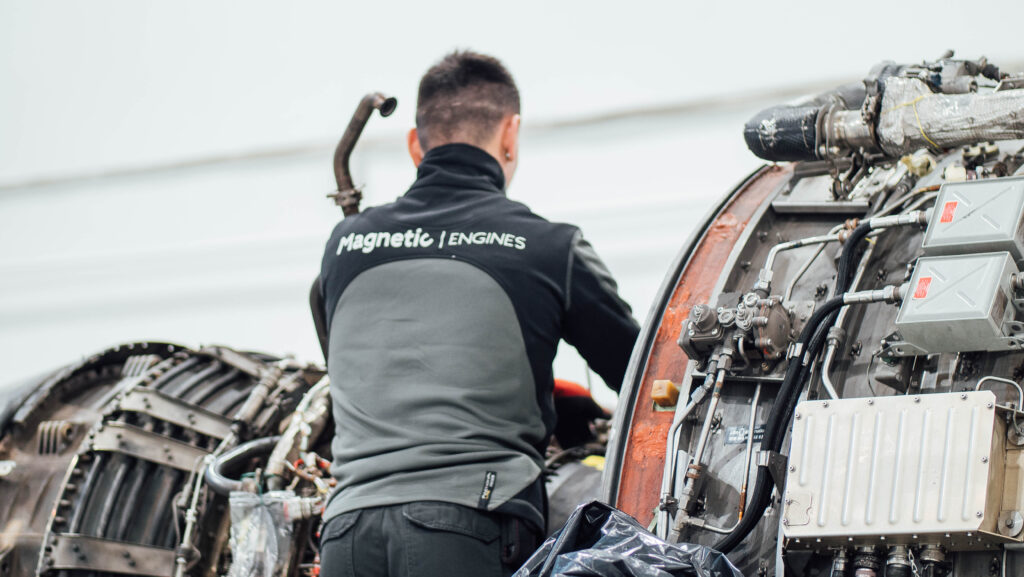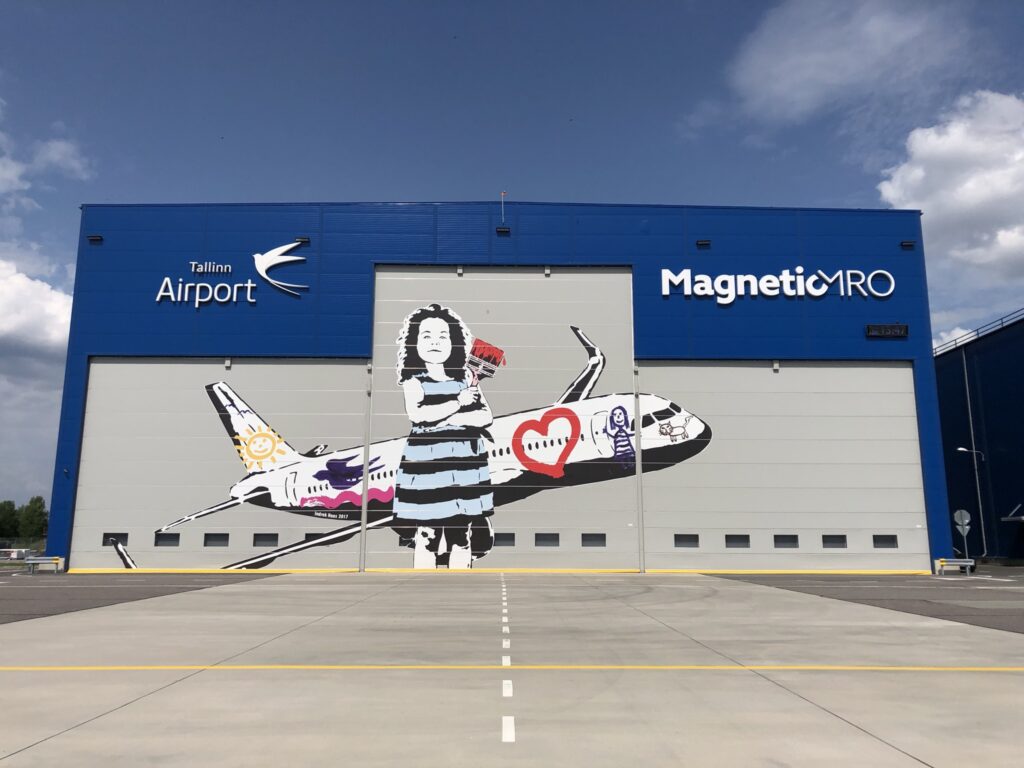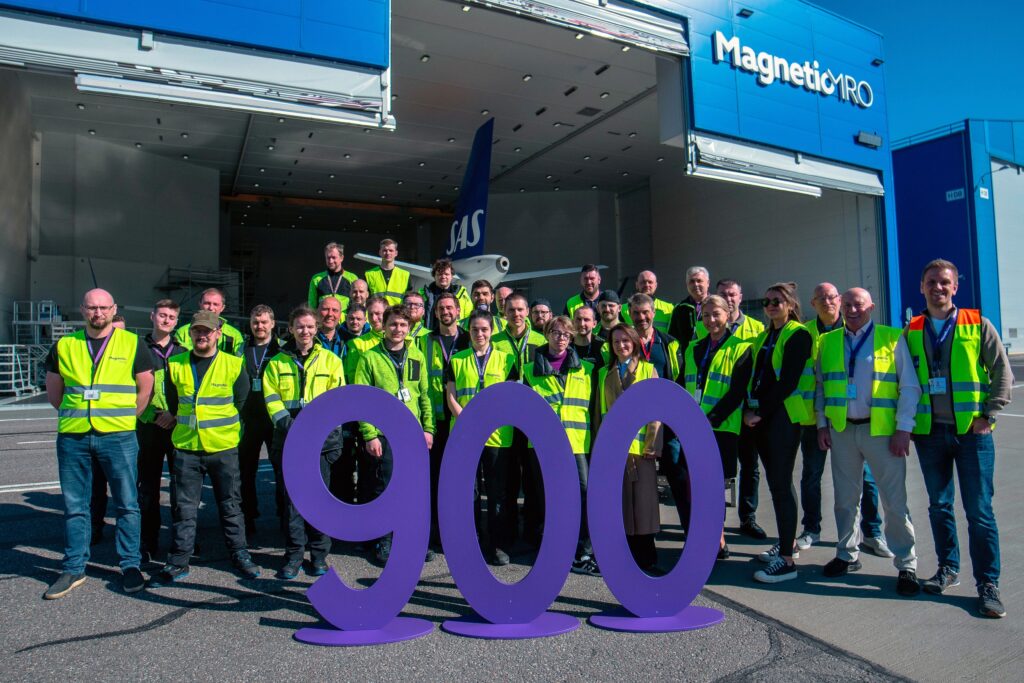Multiple small steps – one giant saving on engine shop visit
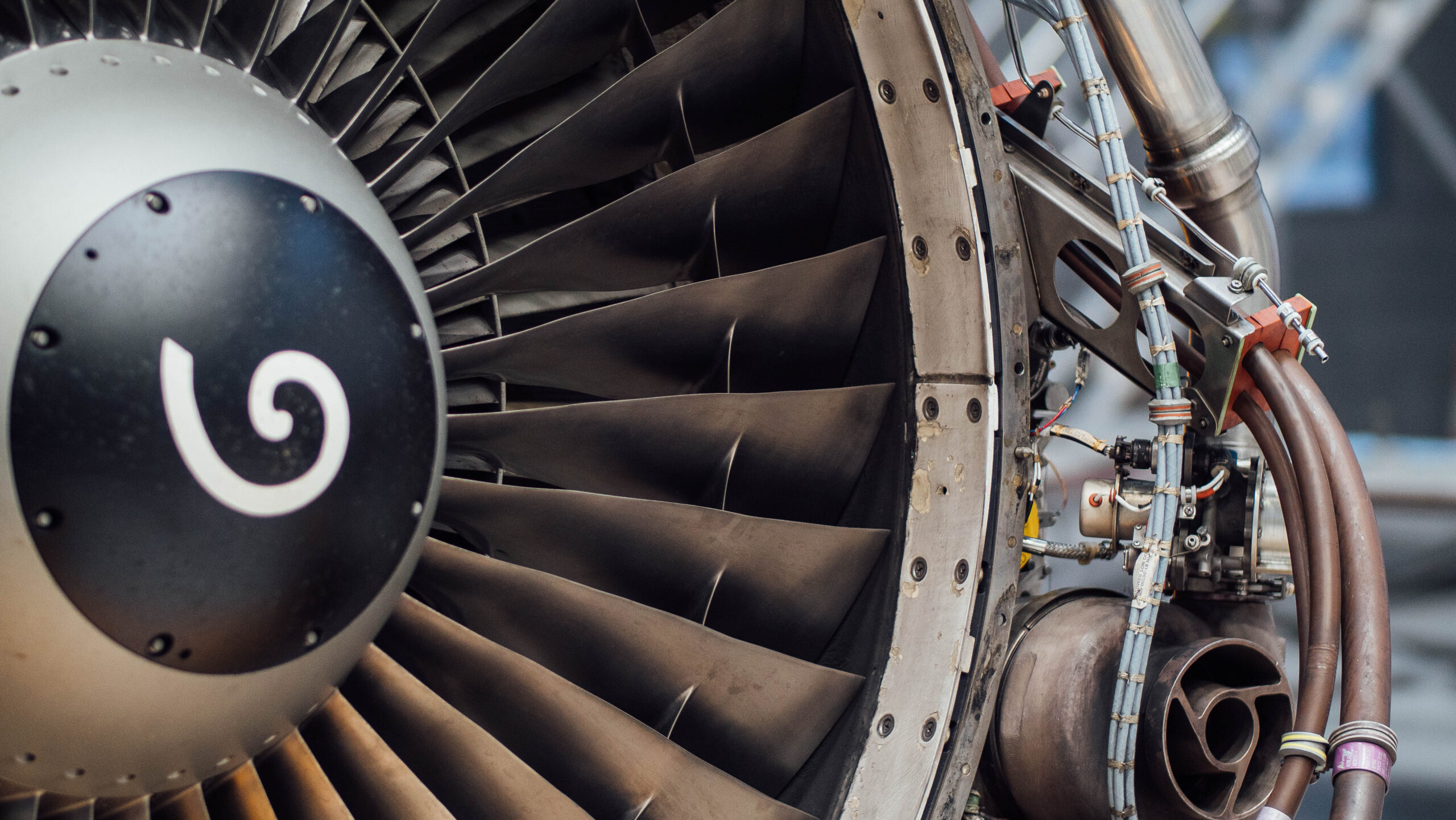
Aircraft heavy maintenance is a headache for any operator since the asset is grounded, not generating any revenues, and, on top of that, may be full of surprises such as unexpected findings. But when it comes to engine maintenance, shop visits can easily progress from just a headache for fleet managers to a black hole for both owners and operators. How to minimize both risks? Let engineers do your homework.
First off, an engine shop visit usually lasts much longer and costs up to ten times more than an average airframe C-Check. And it’s not only due to an exceptionally high-tech design of the engine but also because of poor, insufficient in-advance planning. Engine owners, operators, and their MRO partners need to conduct a continuous deep analysis of engine condition, monitor all the records, and align the data with the airline’s peak operation periods in order to set the most optimal dates for the shop visit.
Having potential dates in mind, engineers can start working on defining the best combination of inclusions/exclusions based on engine WS and potential findings thus minimizing the risks of hidden costs during maintenance. Secondly, engineers can advise on key components that should be pre-ordered for the shop visit as advanced procurement can save up to $300,000 on spare parts alone.
And, of course, it is always advisable to have the same engineering team for a specific engine, because managing a shop visit on all stages – from planning to supervision and warranty support – will be more efficient and prompter if conducted by people who know the asset as their own.
Planning is the key to cost-efficiency and extended engine lifetime for any aviation asset owner!
From agreement assessment to shop visit management and potential warranty claims after shop visits. The Engines Support Services in Magnetic MRO Engineering Department vary in different levels, depending on the Customer preferences throughout the engine lifecycle.
Planning the engine shop visits to get the maximum value out of the asset is crucial to the Operator and asset owner from a cost and safety perspective.
As unplanned engine removals are also part of the everyday life in aviation, then professional assessment of the workscope building prior to shop visit can save time and expenses.
Our Engineering Team is ready to support and find the most suitable solution for our Customers.




